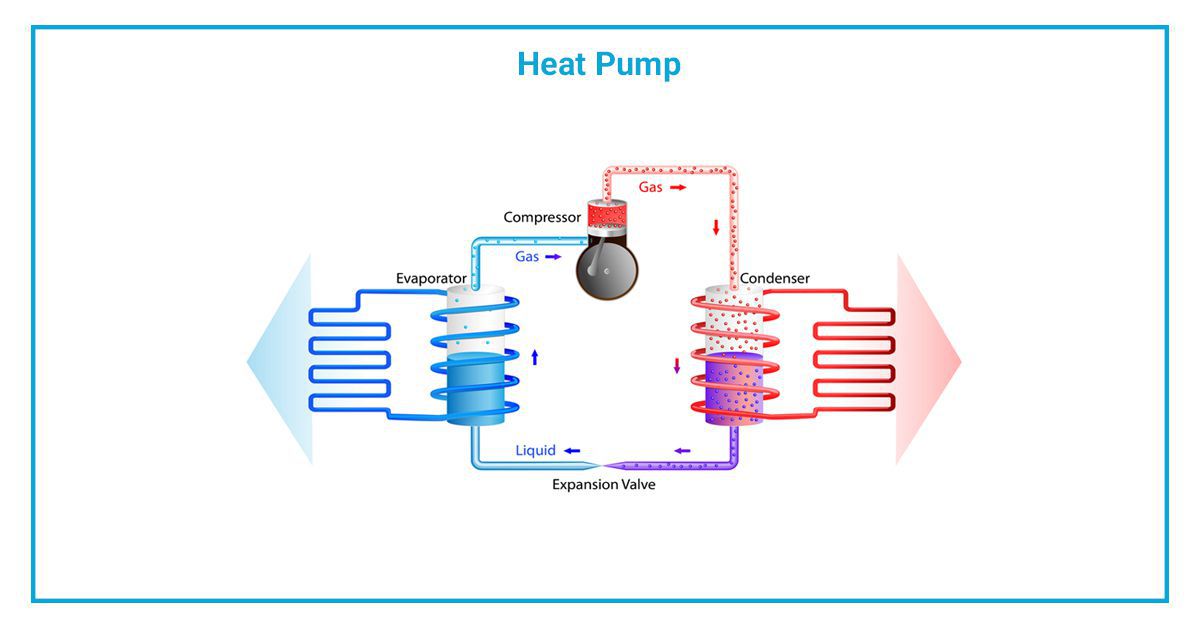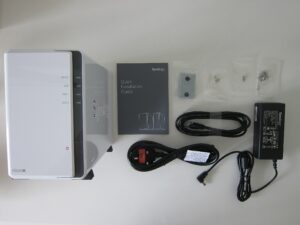
How to Browse Through Different Heating Systems
Winter is here, and this is the time of the year when heating becomes one of the major topics. Customers want outstanding performance with affordable monthly costs. Balancing these two is the focus of any marketing pitch. For this reason, alone there are several options to choose from. All customers want is to make their homes more comfortable and properly heated during the cold months, and they need to be well informed before making the decision.
People are often unfamiliar with the heating systems available and have a hard time choosing the most efficient one. If they are looking to replace their old system, they will want to know more about the benefits of the new system, in terms of saving on the utility bills, maintenance requirements, and how well the new system works. Another aspect is to show how exactly each and every system would improve on their old one.
The customer needs to be able to make an informed decision and choose a system that checks most of the things on their list. Your job is also to guide them towards a good decision to satisfy their heating needs. In light of this, it’s wise to research the types of heating systems available in the market.
-
Furnaces
Central furnaces are present in most North American households. Furnaces spread heat to every room of the house through air registers or grilles by blowing heated air through ducts. Ducted warm air distribution systems or forced warm air distribution systems are examples of this type of heating system. There are three types of power sources for it: electricity, natural gas, and fuel oil.
-
Boilers
A boiler is a water heater that serves a specific purpose. Unlike furnaces that release heat in the form of warm air, boiler systems release heat through hot water, which passes through radiators and other devices throughout the home. That water that served its purpose is then returned to the boiler for reheating. It is common to refer to hot water systems as hydronic systems. The most common fuel for residential boilers is natural gas or heating oil.
-
Pellet Stoves
Electricity, gas, and oil are generally more expensive than wood. Cutting your own wood can save you a lot of money. The advantages of pellet stoves over wood stoves are numerous. Their lower pollution levels, temperature control, and indoor air quality make them a more convenient alternative to wood stoves.
-
More Advanced Options
Radiant floor heat
Warm water is circulated through tubes under the floor to generate radiant floor heat. The heat is then distributed from the room’s floors, providing warmth to everyone inside. Despite its high controllability, it is considered efficient and expensive to install. An experienced professional must design and install the system, and carpet choices and other floor finishes are limited.
Ductless, Mini-Split, Multi-Split
In place of using air or water, “ductless” heat pumps use refrigerant lines to distribute energy. It has been shown they are very efficient and can replace electric resistance heating at a meager cost. Multi-split systems cost more than ground-source systems because they are pretty new on the market.
Combined heat and power (CHP)
Combined heat and power (CHP) for houses is a serious topic for exploration in some parts of the world. This method uses a small generator to meet part of the house’s electricity needs and uses the waste heat (usually more than 70% of the fuel’s heating value) to heat the house and make hot water. Currently, these systems do not exist in a wide range of locations. These systems thrive in solid stone or brick households that usually come with poor insulation.



